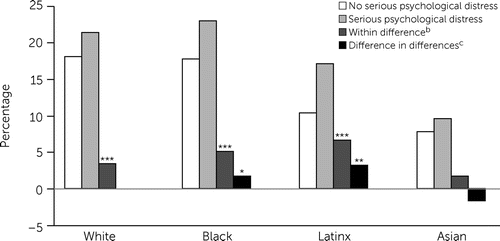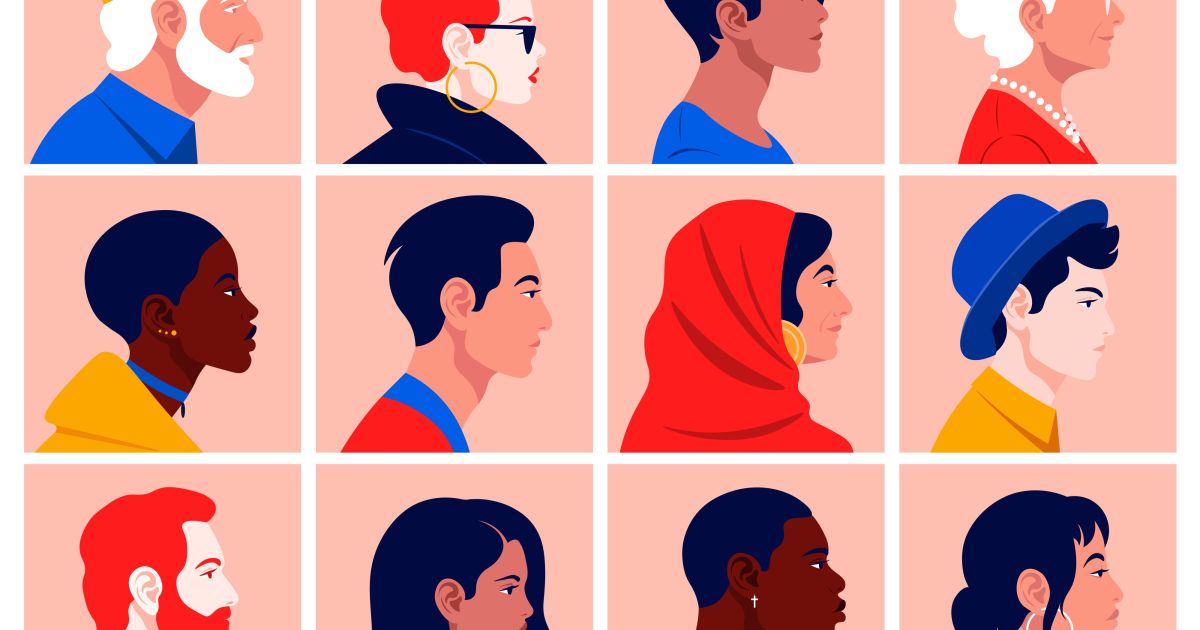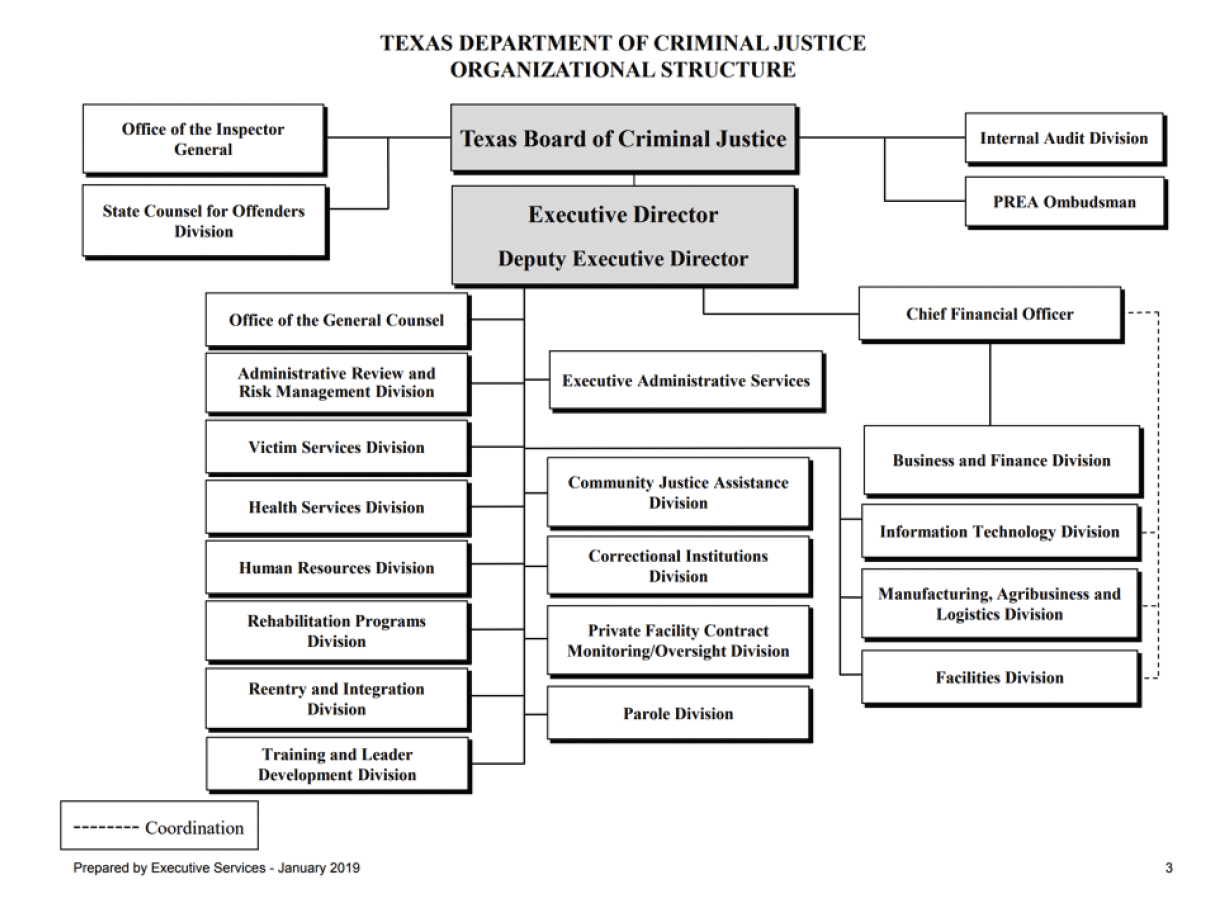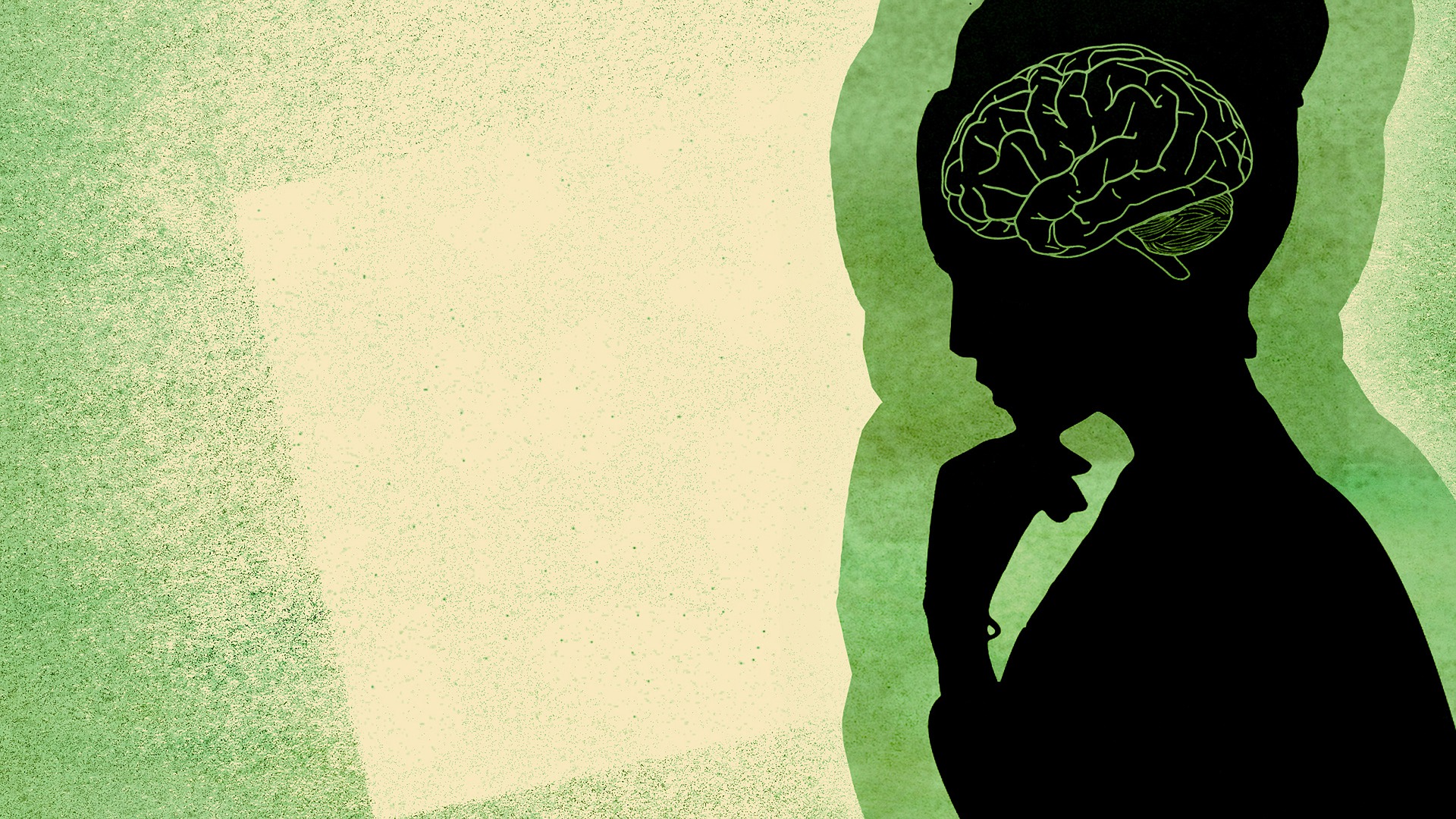Criminal Legal Involvement Among U.S. Adults With Serious Psychological Distress and Differences by Race-Ethnicity

Objective: The authors examined associations between criminal legal involvement (CLI) and serious psychological distress and how these associations differed by racial-ethnic group. Methods: The authors conducted a retrospective analysis of multiple cross-sections of data from the National Survey on Drug Use and Health (2015–2019) and used multivariable linear probability regression models to assess lifetime CLI and past-year probation, parole, supervised release, or other conditional release in a nationally representative sample of noninstitutionalized U.S. adults, ages ≥18 years (N=214,505), with and without serious psychological distress. Results: Adults with serious psychological distress had higher rates of CLI than adults without such distress (difference of 4.1 percentage points, 95% CI=3.3–4.8, p<0.001). The rate of CLI increased as distress severity increased, from mild (3.2 percentage-point difference, 95% CI=2.6–3.8, p<0.001) to high (7.2 percentage-point difference, 95% CI=6.4–8.0, p<0.001). The risk for CLI among those with serious psychological distress was even greater for Black and Latinx adults than for White adults (1.8 percentage-point difference, 95% CI=0.1–3.5, p<0.05, and 3.2 percentage-point difference, 95% CI=1.3–5.2, p<0.01, respectively). Conclusions: Rates of CLI were higher for adults with serious psychological distress. Efforts are needed to equitably triage individuals with acute mental health needs to timely psychiatric care instead of carceral settings. Collaborative models of care that commingle resources from mental health and law enforcement organizations are needed to prevent unnecessary incarceration of individuals experiencing mental health crises and to increase access to community-based treatment.

Measuring disparities in police use of force and injury among persons with serious mental illness, BMC Psychiatry

Focusing on intervention instead of incarceration could change prison racial gap among violent offenders

Why America Has a Youth Mental Health Crisis, and How Schools Can Help

39 Types of Diversity in the Workplace to Know

Texas Department of Criminal Justice

Racial disparities in mental health care: An explainer and research roundup

PDF) Characteristics of Adults with Serious Psychological Distress as Measured by the K6 Scale, United States, 2001-04

Carl Fulwiler MD PhD on LinkedIn: Massachusetts opioid-related overdose deaths rose 2.5 percent in 2022

Understanding Mental Illness Stigma Toward Persons With Multiple Stigmatized Conditions: Implications of Intersectionality Theory

Lia Smith on LinkedIn: Be sure to check out today's virtual hiring event from 2-4 pm EST! CHA is…